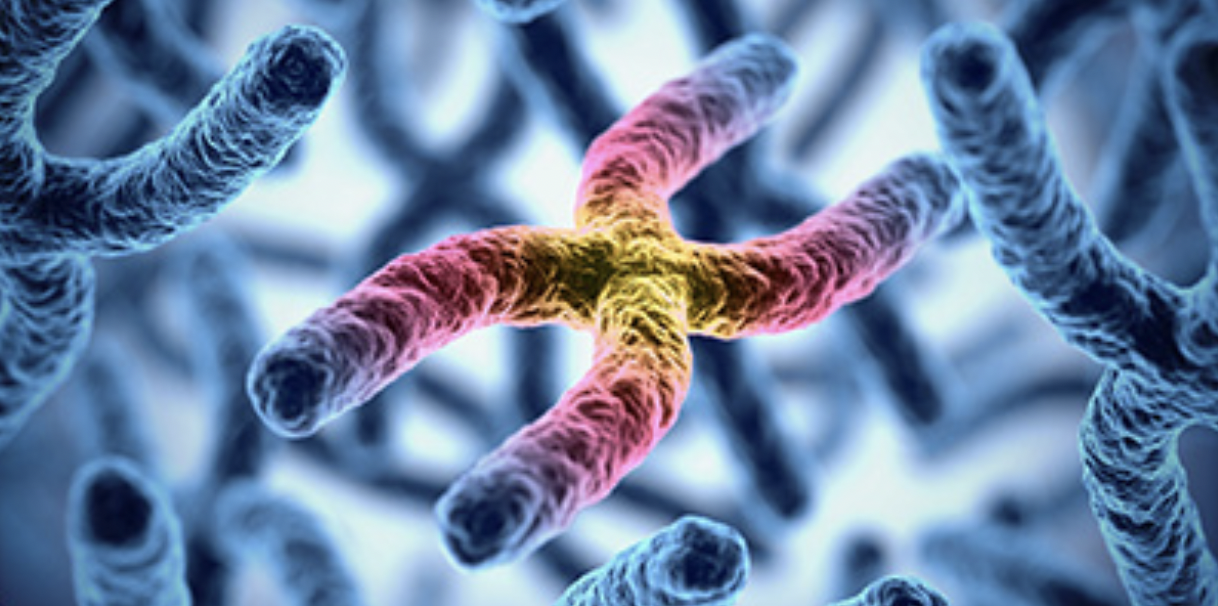Currently affecting over 40,000 Americans, Huntington’s Disease is a neurological condition that targets the cells in the brain, causing physical, mental, and behavioral changes to the human body.
Huntington’s Disease occurs due to a rare mutation in the huntingtin gene (HTT). Without mutation, this gene codes for the huntingtin protein, which ensures the survival of neurons in the brain. It assists with neurodevelopment, cellular transport, and other functions that guarantee the health of neurons. However, if the repeating DNA in the huntingtin gene becomes abnormally large, a mutation occurs, causing the huntingtin protein to become toxic to neurons. The toxic protein causes the neurons to lose function and die, weakening the parts of the brain that control movement, thinking, and memory. These symptoms start to take noticeable effect between the 30s-40s, with the disease slowly becoming fatal after a couple of decades.
So far, there has been no cure for this devastating disease. People with Huntington’s often receive medications to manage their symptoms, particularly the involuntary movements. However, a recent breakthrough in research has shown promising results in slowing down the progression of the disease.
Researcher Professor Sarah Tabrizi and her team at the University College London Huntington’s Disease Center were in charge of the trial behind this breakthrough. They used AMT-130, a gene therapy treatment developed by uniQure, and gave it to around 25 individuals during eight to ten-hour surgery trials in 2022. This experimental gene therapy treatment targets structures in the brain that are affected by Huntington’s Disease. During the surgery, six infusions of AMT-130 are made to the brain, lowering the amount of mutant huntingtin proteins that are created.
Three years after the surgeries, on September 24, 2025, researchers announced that the data from the individuals showcased an average 75% slowing progression rate of Huntington’s Disease. In addition to the slower progression rate, the treatment is also saving cells in the brain. The only negative effects that the patients exhibited were confusion and headaches, both of which were manageable and resolved.
Though the gene therapy treatment is still going through clinical trials, UniQure hopes that it can be available as early as 2026. This scientific breakthrough has given individuals and families a spark of hope they never thought possible. It has also renewed optimism among researchers that a full cure for Huntington’s Disease may be within reach in the future.






